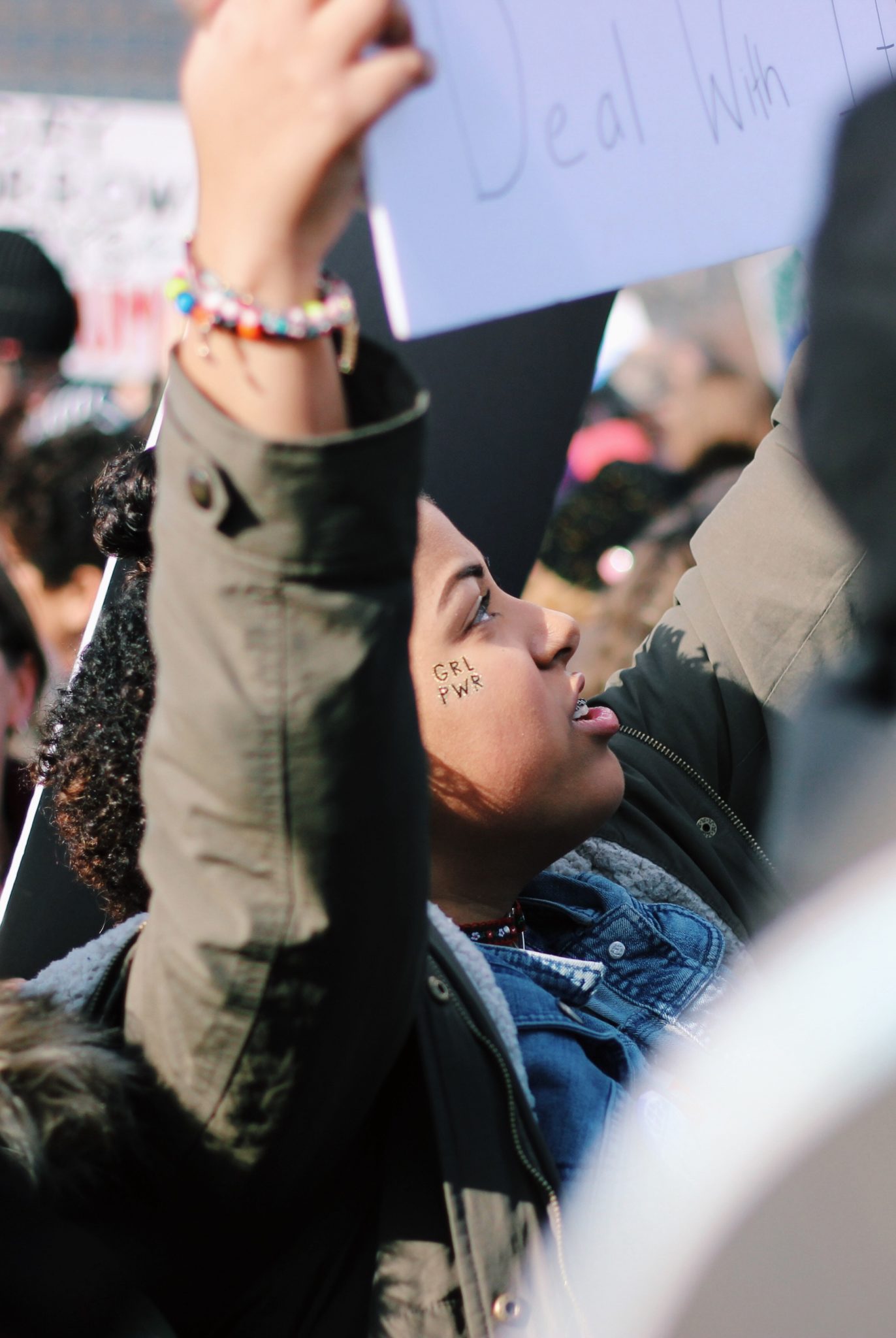Today, on International Working Women’s Day, I would like to begin by sharing the origin of this important day since it can help to understand the main reasons why this worldwide day of protest started, and how it has managed to persevere for over 107 years.
It was actually a tragedy that mobilized a spark of activism- the death of 146 workers in a factory in New York simply could not remain a mere accident. Once a fire began in this factory, abysmal working conditions led to the inevitable death of these workers and provoked outcry over the need to have equal working conditions for men and women. Now, every year we remember this important cause. After hearing about tragic historical events like this, one can reflect on the achievements obtained (often the result of the work of women who have sacrificed themselves for the cause) as well as on what remains to be achieved. Progress is made every day but gender equality has not yet been achieved in various sectors of society.
Inequality in the workplace
One of the areas where equality between men and women is still pending is the work environment. Analysis of the discrepancy between the work experience of men and woman has shown how in different fields, there is discrimination as well as subordination among women workers. However, remember that things are beginning to change and this cannot be generalized to all types of jobs or companies.
Some of research regarding the differences in the workplace have shown that:
- A higher percentage of women work in part-time positions and temporary contracts.
- There are significant salary differences. On average, women earn 23% less than men.
- Data from the National Institute of Statistics (INE) confirms that the risk of poverty stands at 21.3% for women, compared to 20.1% for men.
- Unemployment is much higher among the female population.
- Rates of maternity leave are far higher than paternity leave.
- There are a greater number of cases of sexual workplace harassment in relation to women.
Given the mental health field in which we work, we would like to focus on the emotional consequences of the inequality in the workplace, and the negative psychological impact it can have on women. High levels of physiological activation, anxiety and stress are often found in women who suffer from the uncertain, uncomfortable and unstable work situations that they are stuck in. In addition, on many occasions, these symptoms can cause a loss of motivation to perform enjoyable or self-rewarding activities, thus reducing the time dedicated to leisure and social contact. Any exposure to inequality or discrimination can influence or -even cause- problems of anxiety, self-esteem, irritability, apathy, insomnia … That is, workplace harassment and inequality is a reality that seriously compromises the health and quality of life of the people who suffer as a result of it.

Sexual Harassment
As we mentioned earlier, recent research highlights that sexual harassment is a significant part of the female experience, both in the workplace and out of it. Recently the Observatory of Gender Violence has begun to record and give visibility to complaints of harassment experienced by women. Despite this, it is difficult to compile a comprehensive review of inappropriate behavior such as offensive propositions related to sex, inappropriate jokes, promises of job promotions in exchange for accessing sexual requests, etc.
What really happens in the body and mind of the victim?
In these situations, the initial confusion of the victim becomes a deep feeling of anger and betrayal that remains, in most cases, silenced and repressed. The abuser is invisible on many occasions, so the bewilderment and fear of the victim is transformed into feelings of guilt and shame. The trauma experienced in situations like this makes the victim feel like a perverse person and often, they begin to “punish” himself for what they may have “provoked”. When the thought of having provoked and “caused” the event dominates the victim’s mind, guilt is established as they codify their experience. This feeling is, of course, heavily influenced by the social beliefs that dictate the gender ideals and expectations of women. The victim is blamed, feels isolated, and does not want to reveal what happened for fear of the reaction from their environment: “Will you believe me?”, “Will you understand me?”, “Will you blame me?”. In some cases, when sexual harassment is experienced at an early age, it can greatly affect the emotional development of a woman and cause her to completely disassociate sexual activity with pleasure and instead connect it to feelings of shame, guilt and fear.
In recent months, the movement called “MeToo” has been very active, to the extent that is has even been denominated as “a new feminist revolution”. It is a movement that seeks to shed light on the widespread prevalence of sexual assault and harassment in the American film industry. Beyond the media rumble that the “MeToo” movement has triggered to help spread awareness, it has also helped to encourage women to bring to light various cases of abuse experienced in their daily lives or at work. It has provided an opportunity to become aware of the strength of “sorority”, that is, of the union of diverse women who share a common cause against a society which perpetuates discrimination and inequality. Sharing and fighting for a common goal is the first step to change.
Can movements like #MeToo really help change anything?
Of course, it’s not going to fix everything. However, it is fundamental in spreading the idea that this kind of experience is incredibly common and that you are not alone. Another benefit is that many women can identify with what this movement represents and defend those who have gone through a situation of sexual abuse and have decided to share it.
In addition to the social change sparked by social movements such as MeToo, health experts have also begun to research the psychological impact of these experiences. Women who initially go to consultation with emotional problems, anxiety, etc. are encouraged to share with the professional some abusive events experienced in their past to get a better understanding of how this phenomenon can have a lasting impact.
As health professionals, we must work together to establish an approach of greater sensitivity and empathy. In many of these cases, the patients who come to therapy and reveal their experiences are still incredibly vulnerable and feel fear and guilt at every moment. Therefore, an important goal to improve our clinical practices is to make focus on propagating the idea that people should feel safe and encouraged during their journey of self-improvement. In our society today, there is currently no goal more ambitious than the achievement of gender equality.









